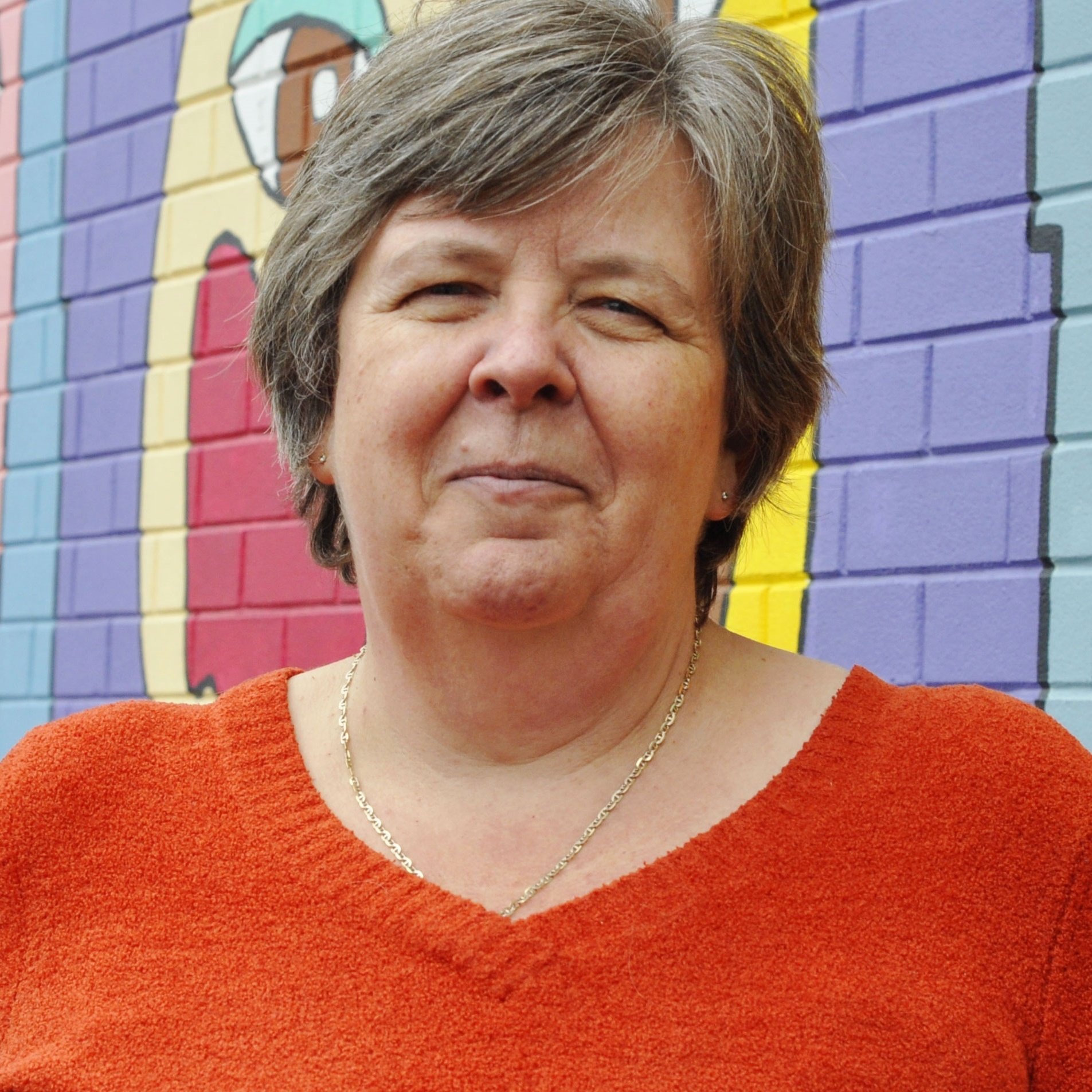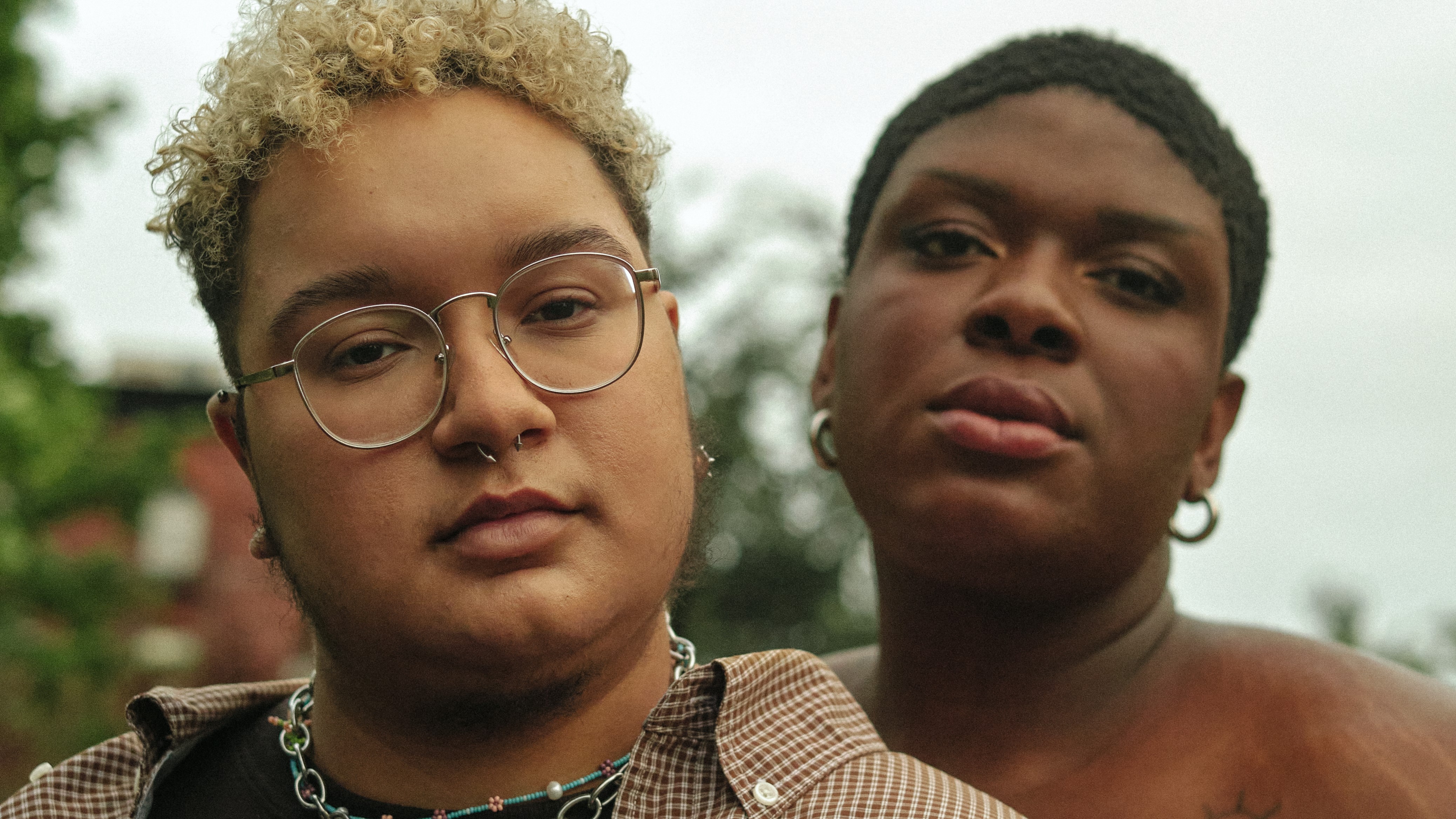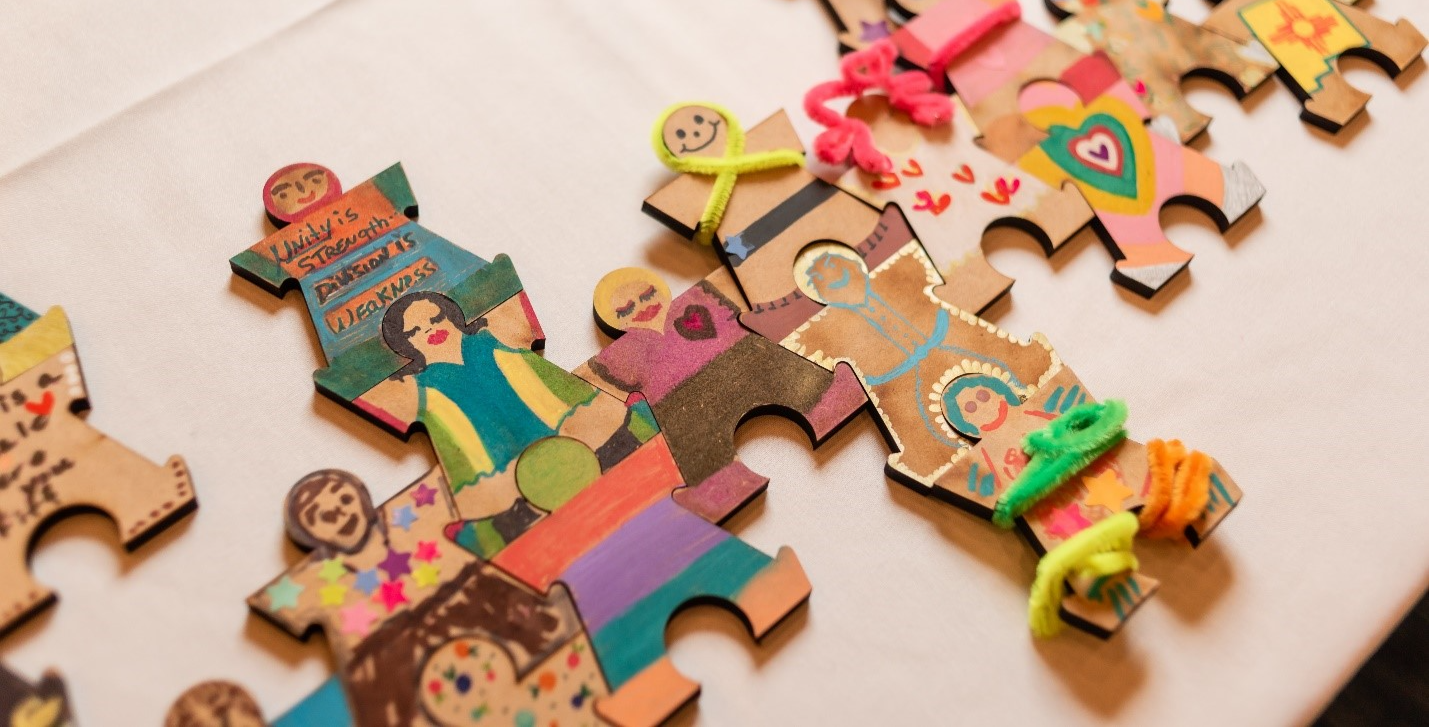Community change is personal. It is, at its very core, about changing citizens and communities for the better. However, we often  depersonalize this process. We talk about services, programs, statistics and organizations in a way that removes the face of citizens. Perhaps this makes the process easier. It also removes the urgency of the issue. If we don’t reflect on the daily impact that citizens are facing in our communities, we can spend endless time in conversation about the problem.
depersonalize this process. We talk about services, programs, statistics and organizations in a way that removes the face of citizens. Perhaps this makes the process easier. It also removes the urgency of the issue. If we don’t reflect on the daily impact that citizens are facing in our communities, we can spend endless time in conversation about the problem.
I was reminded last week how the process of community change can be deeply meaningful when we enable the space for discussions about the issue to have a personal lens. In facilitating a group conversation about a common agenda, participants around the table shared their personal journeys and how this issue was real to their life circumstances. In telling their stories, these individuals expressed that they were called to be part of the table because of their experience. After each conversation, the table paused and reflected on the impact of these personal stories and their shared work.
At Tamarack, our Deepening Community work is centred on four pillars of engagement: sharing our stories; enjoying each other; caring for one another; and working together for a better world. Sharing our stories, their first pillar, creates the space for relationship and trust building. If we know each other’s stories, we have a deeper understanding of motivation and connection to the shared work. Likewise the other pillars: enjoying each other and caring for one another are also essential to working together to build a better world.
My reflection and the challenge that we all face is to create safe spaces to enable the community change process to be both forward moving and at the same time allow for a deeply personal connection to grow amongst those around a community change table. This requires us to draw from different leadership competencies: those of analysis for the process and empathy for the personal.
Not everyone will feel comfortable in the space of the personal. Some will shy away from this. But there will be those that embrace it, and can transform how a group understands an issue and ultimately, how they will respond to the community change need.
Since its inception in 2002, many Vibrant Communities Canada partners including the Hamilton Roundtable for Poverty Reduction have established initiatives which assist individuals living in poverty to share their stories in ways that speak to the need for community change. The Speak Now Hamilton speaker’s bureau has engaged and empowered local citizens to share their very personal journeys. It has had a powerful impact on a community grappling with understanding poverty and the impact of this issue on its citizens.
What if we all had the courage to share our stories? Could we change our work from being so process oriented to building a deeper connection to the change we are seeking?
Photo





